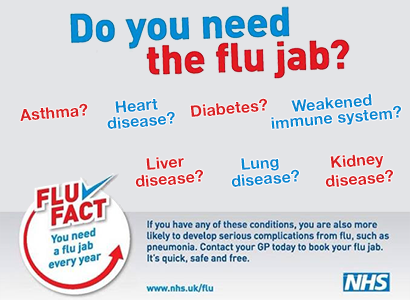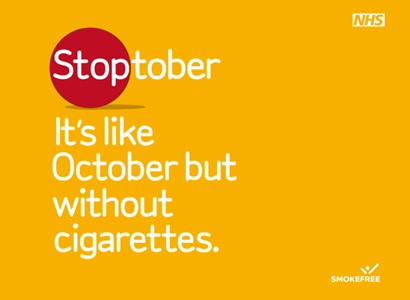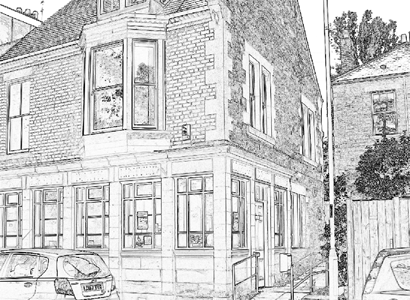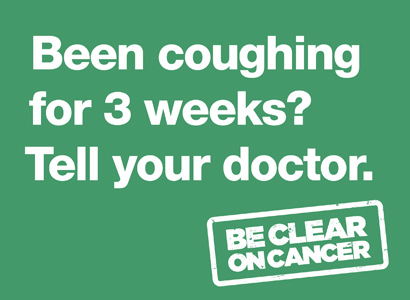Sickness Certificates (Sick Notes)
You do not require a doctor’s sickness certificate for any illness lasting six days or less. Your employer may however require you to complete a self-certification form (SC2), which is available from your employer/local benefit office or the surgery.
For any illness lasting longer than seven days you will need to see the doctor for a sickness certificate (Med3), to be issued.
Access For The Disabled
Our building has been adapted to allow disabled access. However, because of the age and the internal structure of the building only parts of the building are accessible to disabled people. If you have any comments or suggestions you can speak to any member of staff.
Blood Tests, X-rays and Other Test Results
Please telephone for results after 10.00 a.m.
Non-NHS Services
We will provide medical reports and carry out examinations for insurance companies, building societies and employers. For this and other work, which is not provided by the NHS, we have to make a charge. Our scale is in accordance with recommended rates and can be seen in reception.
Please ask a receptionist how much the fee will be before hand.
Comments/Compliments/Complaints
Comments and compliments are always welcome and may be made to the practice nurse, the doctor, the practice manager or via reception. All comments are considered and, where appropriate, responded to on an individual basis.
Complaints should be made through the Practice Manager who will follow our complaints procedure. Complaints are always treated seriously and acknowledged, usually in writing and within five working days of receipt.
Keeping Your Records Confidential
Your doctors, their staff and everyone else working for the NHS have a legal duty to maintain the highest level of confidentiality about patient information.
In some circumstances, you may be receiving care from other people as well as the NHS. We need to share some information about you with them, so that we can all work together for your benefit. Anyone who receives confidential information about you from us is also under a legal duty of confidence. Unless there are exceptional circumstances, for example, when the health or safety of others is at risk, we will not disclose your information to third parties without your permission.
We will only give your relatives, friends and carers information if you want us to.
In certain circumstances we are required by law to report information to the appropriate authorities. This information is only provided after formal authority has been given by a qualified health professional. For example:
- Notification of new births
- Where we encounter infectious diseases, which may endanger the safety of others (e.g. meningitis or measles, but not HIV/AIDS)
- Where a formal court order has been issued.
However, our guiding principle is that we are holding your records in strict confidence.
How To Arrange To See Your Own Records
Everyone should be able to see the information that is kept in his or her medical records. If you want to see them, you should make a written request to the person who holds your records. This person is obliged to let you see the information and also explain any part of the record you do not understand.
You are also entitled to receive a copy of the information you have seen. Please note that a small charge may be made for the administration and time involved.
Should your doctor decide that seeing your records might put your health at risk, you may only be shown part of your records or your request may be declined.
The Future
As you will be aware from the national and local press, the Government is proposing significant changes to the way the NHS is run. At present many aspects of these remain unclear and the practice is very much involved with the introduction of these proposals and will ensure that patients will continue to receive the best service possible.
Children’s Immunisation
Please check the following points before bringing your child to the surgery. There has been a lot of publicity in the newspapers about immunisation in children but remember, your child is at greater risk from contracting the disease than he or she is from suffering a reaction to immunisation.
- Is your child suffering from any feverish illness? Don’t worry about a runny nose without a fever.
- Do the child’s parents, brothers or sisters suffer from epilepsy? Epilepsy in more distant relatives is not considered a problem.
- Is your child taking steroid treatment?
- Does your child suffer from any disease affecting his or her immune system?
- Does your child suffer from a severe reaction to eggs?
- Has your child suffered from a reaction to any previous immunisation injection?
If the answer to any of these six questions is yes, then tell your doctor.
Forms
There is no need to make an appointment to see the doctor if you receive a hospital admission form which requests information about your current medication; your doctor can complete this form without seeing you.
Passports, private medical forms and insurance forms can usually be completed and signed by the doctor without you needing to be seen. The receptionist will advise you of any charge.

 Sign in
Sign in



